The Ancelotti Era Vs. The Capello Era At Real Madrid

Table of Contents
Tactical Approaches and Playing Styles
Ancelotti's Philosophy
Carlo Ancelotti's philosophy at Real Madrid centered on attacking, possession-based football. He favored a fluid, flexible style, often employing a 4-3-3 or 4-4-2 formation, adapting his tactics to suit the opposition and the strengths of his players. His emphasis on player rotation ensured freshness and minimized fatigue, a crucial element in a demanding season.
- Fluid attacking transitions: Ancelotti's teams were renowned for their ability to swiftly transition from defense to attack, exploiting space and creating numerous scoring opportunities.
- Formation flexibility: The 4-3-3 formation allowed for wide attacking play, while the 4-4-2 provided more solidity in midfield. This adaptability was a key strength.
- Positive team atmosphere: Ancelotti fostered a positive and collaborative team environment, leading to high player morale and a strong sense of unity. This was evident in the exceptional chemistry of the famous BBC attacking trio of Bale, Benzema, and Cristiano Ronaldo.
Capello's Pragmatism
Fabio Capello, in contrast, adopted a more pragmatic approach. His Real Madrid teams were characterized by disciplined defense and a focus on counter-attacking football. Individual brilliance was often subordinated to tactical adherence and defensive solidity.
- Rigid 4-4-2: Capello's preferred formation emphasized defensive structure and compactness, prioritizing minimizing errors over creative attacking play.
- Defensive solidity: Maintaining a strong defensive line was paramount in Capello's strategy. He prioritized clean sheets and a robust defensive structure.
- Intense discipline: Capello instilled an iron discipline within his squad, demanding strict adherence to tactical instructions and a high level of professionalism. This often came at the cost of fostering a less relaxed team atmosphere.
Squad Management and Player Relationships
Ancelotti's Man-Management
Ancelotti is known for his calm demeanor and exceptional man-management skills. He cultivated strong relationships with his players, fostering trust and mutual respect.
- Positive team environment: Ancelotti created a harmonious environment where players felt valued and supported, maximizing their potential.
- Effective delegation: He effectively delegated responsibilities, empowering his coaching staff and creating a collaborative atmosphere.
- Skilled handling of star players: Ancelotti demonstrated an ability to manage the egos of star players, ensuring they contributed to the team's collective success. A prime example was his ability to navigate the personalities within the BBC.
Capello's Authoritarian Style
Capello's managerial style was more authoritarian. While demanding high standards of performance, his focus was less on fostering personal relationships and more on enforcing strict discipline and tactical adherence.
- Uncompromising approach: Capello's uncompromising nature meant he had a low tolerance for mistakes, often leading to player rotation based solely on performance.
- Strict adherence to tactics: Players were expected to follow his instructions precisely, with any deviation met with disciplinary measures.
- Potential for conflict: His demanding nature occasionally resulted in disagreements and conflicts with players who didn't readily adapt to his methods. For instance, his relationship with some players was famously strained.
Trophies and Achievements
Ancelotti's Trophy Cabinet
Ancelotti's time at Real Madrid culminated in significant success, including:
- UEFA Champions League (2014): This monumental victory remains a highlight of his managerial career and a testament to his tactical acumen.
- Copa del Rey (2014): Complemented the Champions League success.
- UEFA Super Cup (2014): Further showcasing his success in continental competition.
Capello's Successes
Capello's Real Madrid reign focused primarily on domestic success:
- La Liga (2007): A title secured through a disciplined and pragmatic approach.
Lasting Legacy and Impact on Real Madrid
Ancelotti's Influence
Ancelotti's legacy extends beyond his trophy haul. His emphasis on player development and creating a positive team environment left a lasting impact on the club's culture.
- Positive team culture: The positive atmosphere he cultivated contributed to a more cohesive and successful team dynamic.
- Player development: Several players flourished under his guidance, showcasing his ability to nurture talent.
Capello's Mark on the Club
Capello's impact was more focused on tactical discipline and defensive solidity.
- Defensive improvements: His emphasis on defensive organization and structure undeniably left a mark on Real Madrid's style of play.
- Disciplined culture: His methods established high standards of professionalism and dedication within the squad.
Conclusion
This comparative analysis of the Ancelotti and Capello eras at Real Madrid reveals two distinct managerial philosophies. While Capello prioritized discipline and secured La Liga titles, Ancelotti's approach delivered the coveted Champions League trophy and fostered a more positive and collaborative environment. Ultimately, the "better" manager is subjective. Determining who left a more significant impact on Real Madrid depends entirely on prioritizing trophy wins versus long-term team building and player development within the context of Ancelotti vs Capello Real Madrid. Further research into their individual managerial careers would enhance understanding of their distinct approaches.

Featured Posts
-
 Przyszlosc Flagowej Inwestycji Pcc Ryzyko Opoznien I Wyzszych Kosztow
May 29, 2025
Przyszlosc Flagowej Inwestycji Pcc Ryzyko Opoznien I Wyzszych Kosztow
May 29, 2025 -
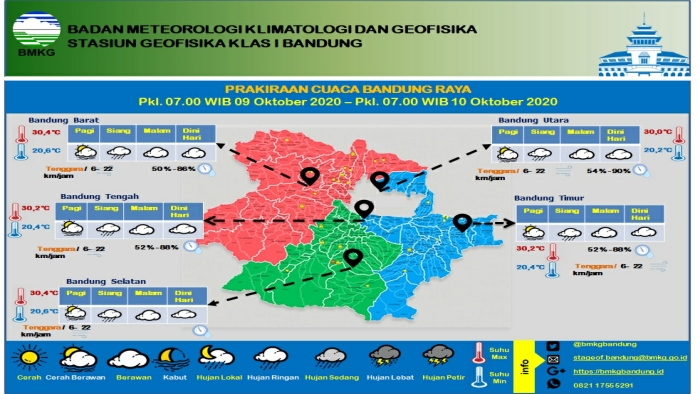 Bandung Hujan Pukul 1 Siang Prakiraan Cuaca 22 April Jawa Barat
May 29, 2025
Bandung Hujan Pukul 1 Siang Prakiraan Cuaca 22 April Jawa Barat
May 29, 2025 -
 A Look At The Nickname Morgan Wallens Grandma Uses
May 29, 2025
A Look At The Nickname Morgan Wallens Grandma Uses
May 29, 2025 -
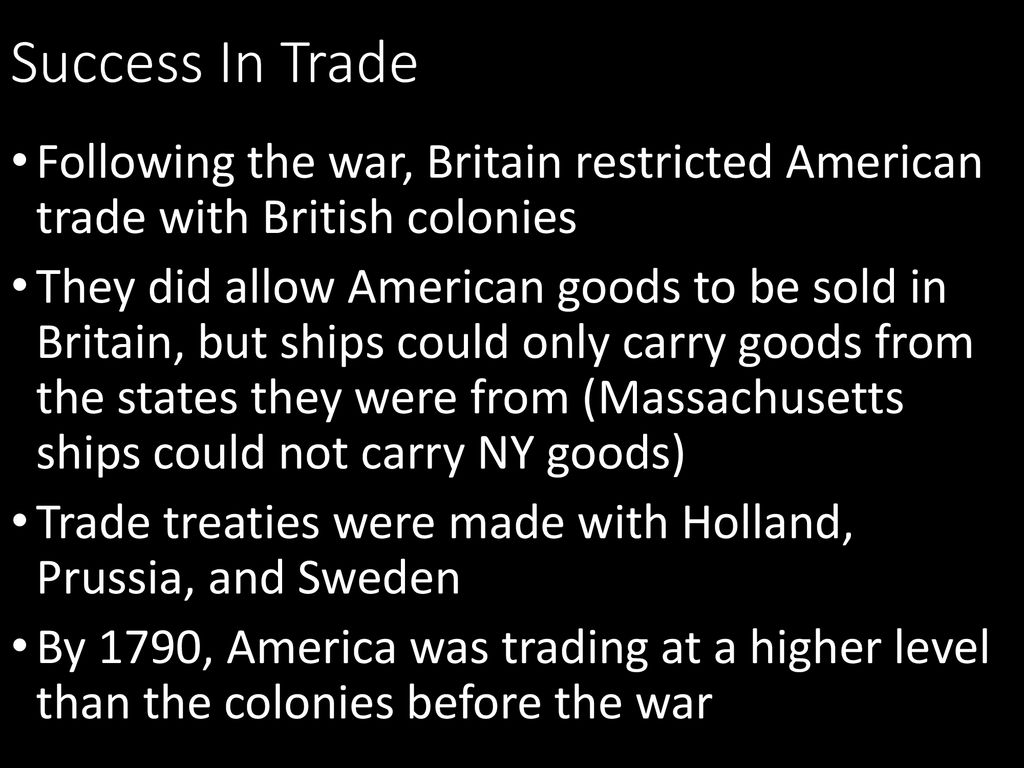 Analiz Umov Torgovelnoyi Ugodi Mizh S Sh A Ta Velikoyu Britaniyeyu
May 29, 2025
Analiz Umov Torgovelnoyi Ugodi Mizh S Sh A Ta Velikoyu Britaniyeyu
May 29, 2025 -
 Space X Starbase Officially A Texas City
May 29, 2025
Space X Starbase Officially A Texas City
May 29, 2025
Latest Posts
-
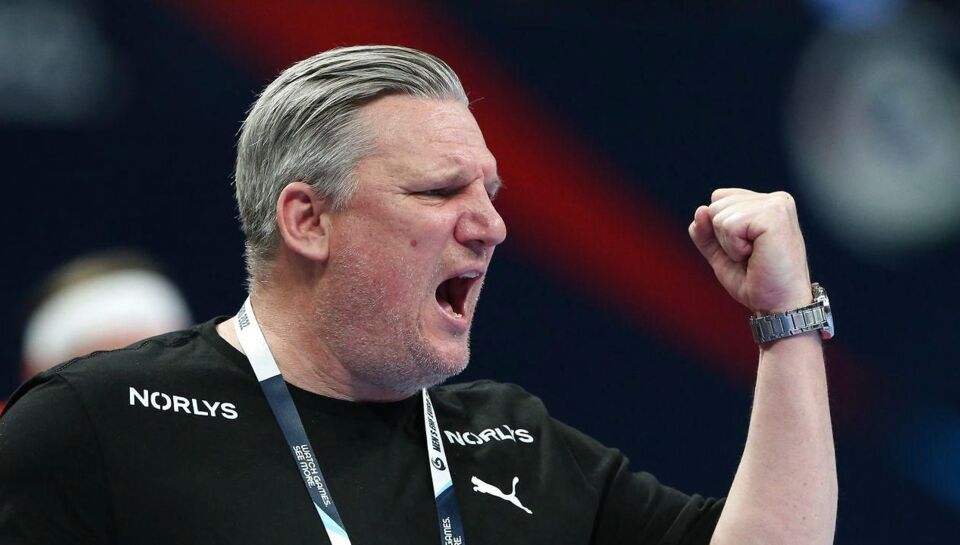 Holder Vejret Vil Han Afvise Danmark Analyse Af Situationen
May 30, 2025
Holder Vejret Vil Han Afvise Danmark Analyse Af Situationen
May 30, 2025 -
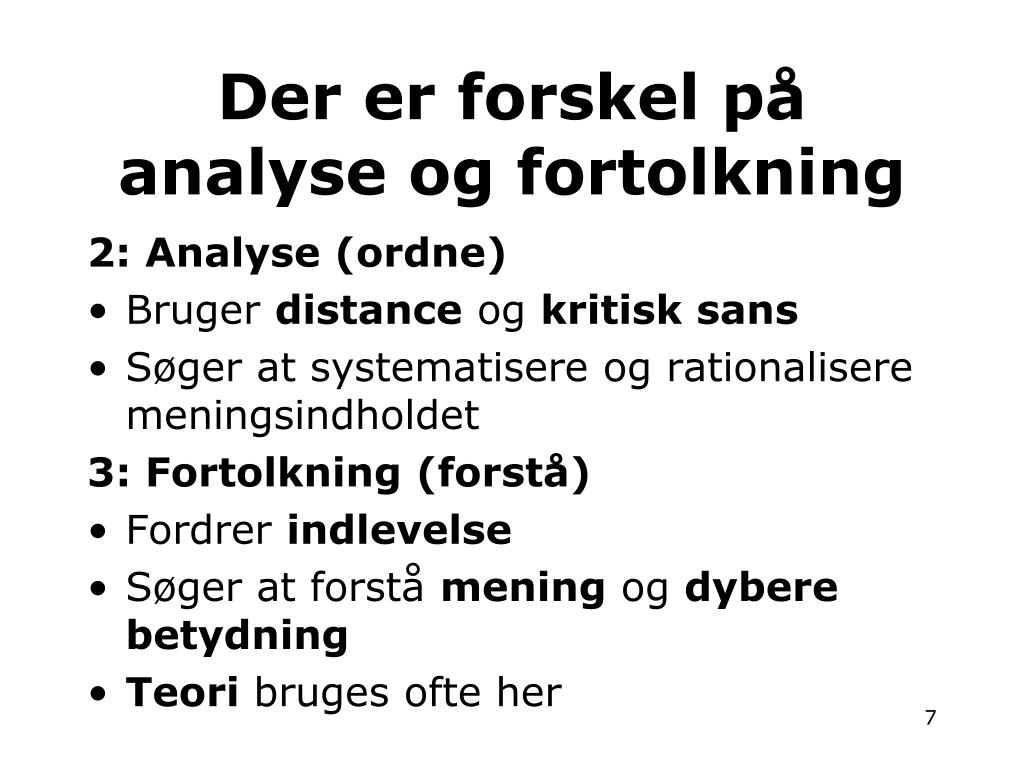 Hvem Skal Erstatte Dolberg Analyse Og Potentielle Aflosere
May 30, 2025
Hvem Skal Erstatte Dolberg Analyse Og Potentielle Aflosere
May 30, 2025 -
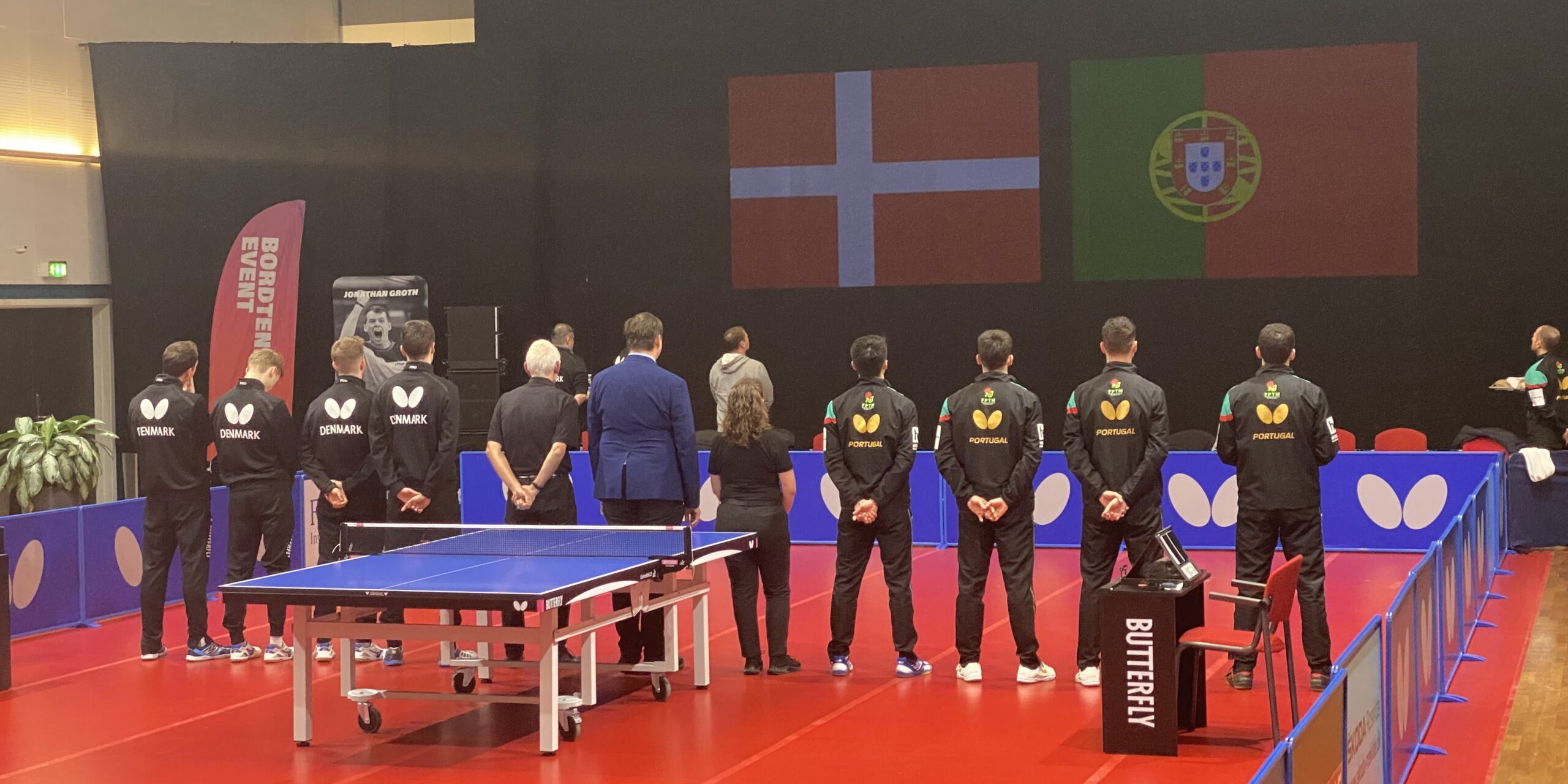 Danmark Vs Portugal Preview Og Matchanalyse
May 30, 2025
Danmark Vs Portugal Preview Og Matchanalyse
May 30, 2025 -
 Optakt Til Danmark Portugal Hvad Du Skal Vide
May 30, 2025
Optakt Til Danmark Portugal Hvad Du Skal Vide
May 30, 2025 -
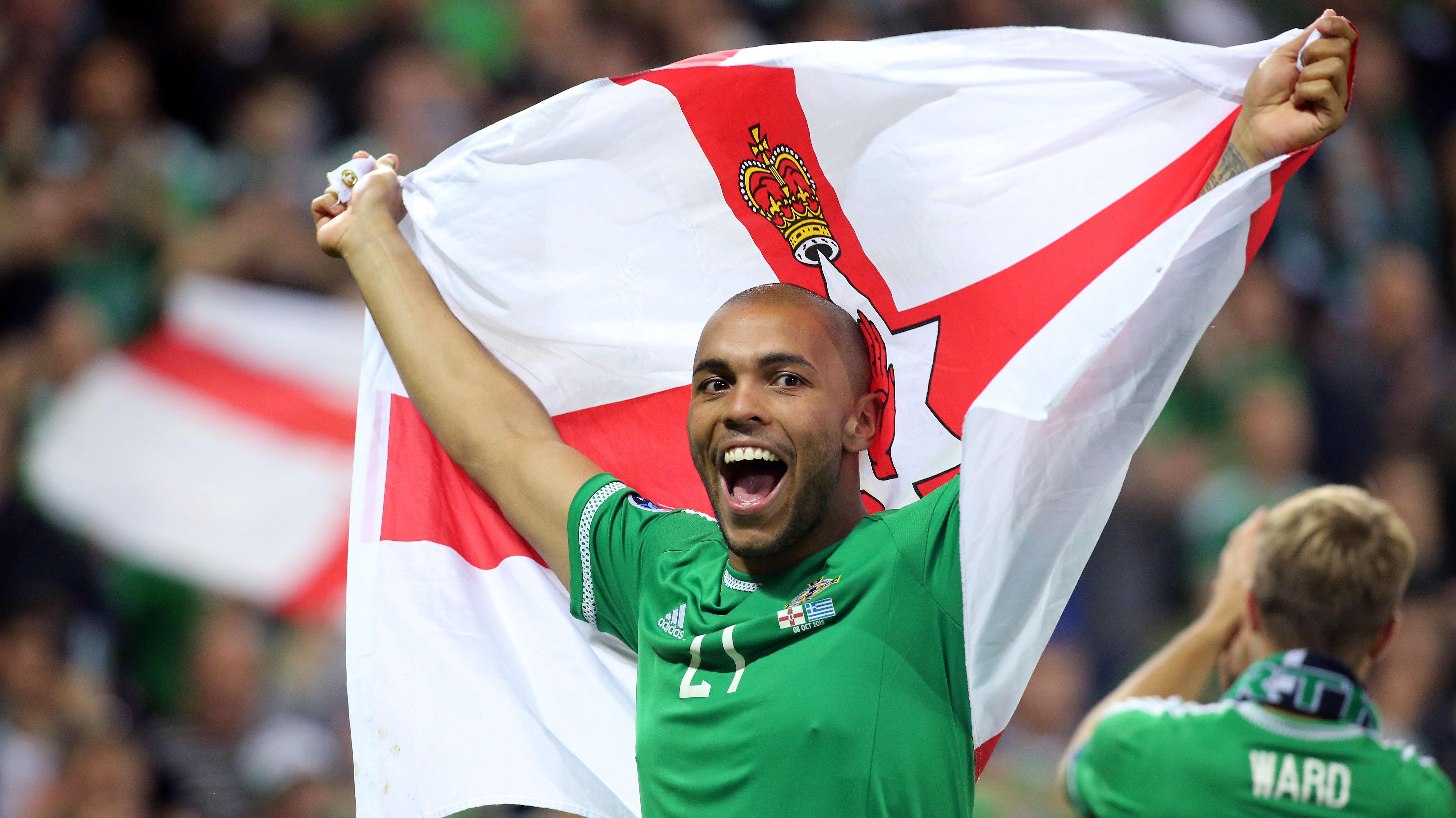 Danmark Mod Portugal Forudsigelser Og Odds
May 30, 2025
Danmark Mod Portugal Forudsigelser Og Odds
May 30, 2025
